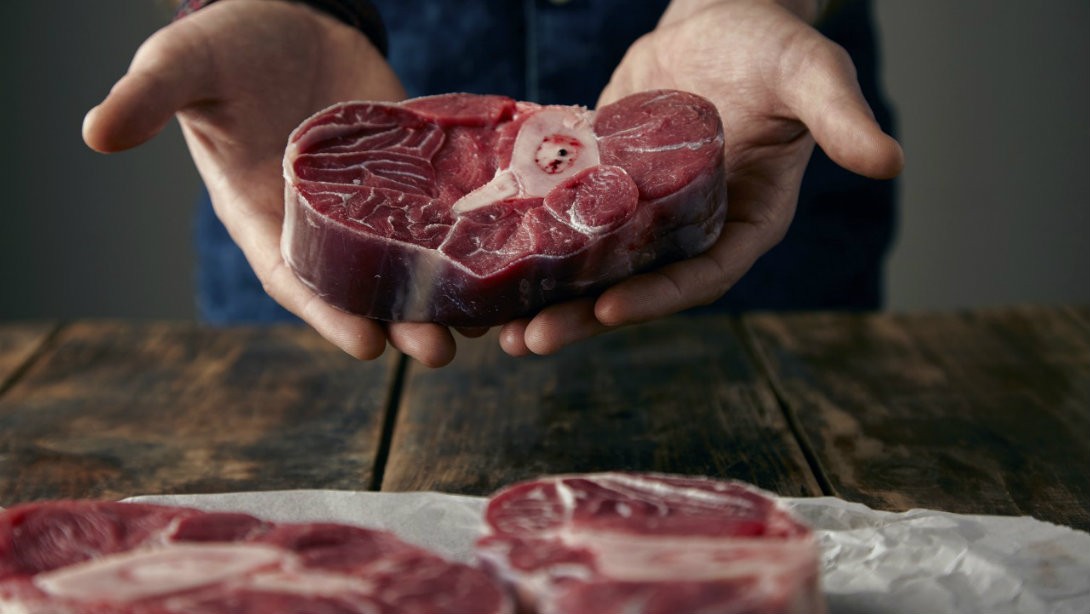
Prioritize these everyday eats to stack on new size without breaking the bank.
If you’re trying to build muscle, you’ve been told that you should load up on chicken – and with good reason; each serving of chicken breast has about 28 grams of protein. But it’s certainly not your only option if you’re trying to supplement all of the hard work you do at the gym by stocking your kitchen properly. We consulted with several experts to get their best suggestions for other foods that help you bulk up without draining your wallet.
To generate numbers indicative of customer’s experiences, the Instacart Data Analytics team searched relevant premium and regular grocery items within each category – ie. eggs – and produced an average price across all varying brands, partner stores and geographical regions.
1. SPINACH
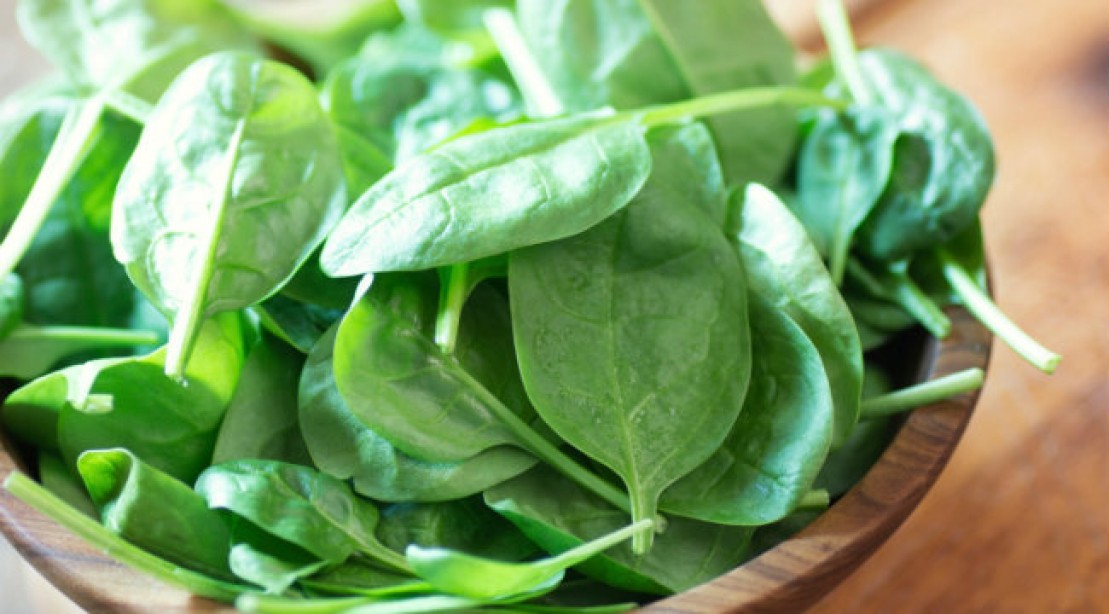
There’s a reason this was Popeye’s go-to for muscle-building. Since there’s a ton of spinach packed into each can, you can get more protein than going with fresh spinach (about six grams per cup). ‘I usually saute canned spinach with olive oil, sea salt, and cracked pepper,’ says Corey Peacock, Ph D., an assistant professor of sports nutrition at Nova Southeastern University in Fort Lauderdale, Florida, and head performance coach of the Blackzilians, Boca Raton’s mixed martial arts team.
13.5 oz canned spinach: $1.02
2. EGGS
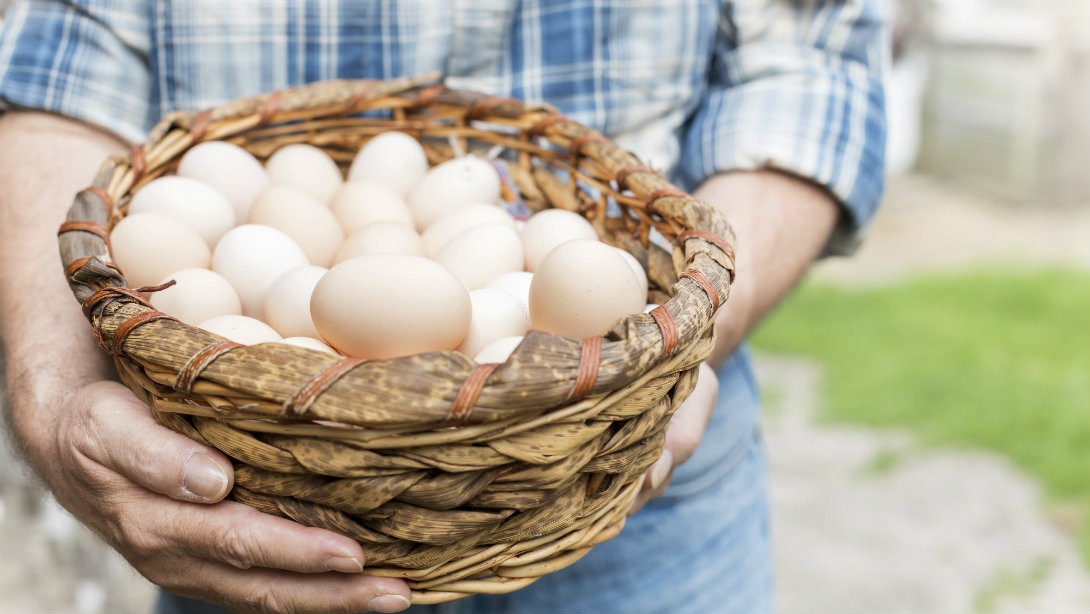
Every single expert we spoke with recommended eggs. It’s easy to see why; each one packs six grams of protein, plus choline, a nutrient that’s necessary for cell creation.
1 dozen eggs: $4.71
3. BEANS
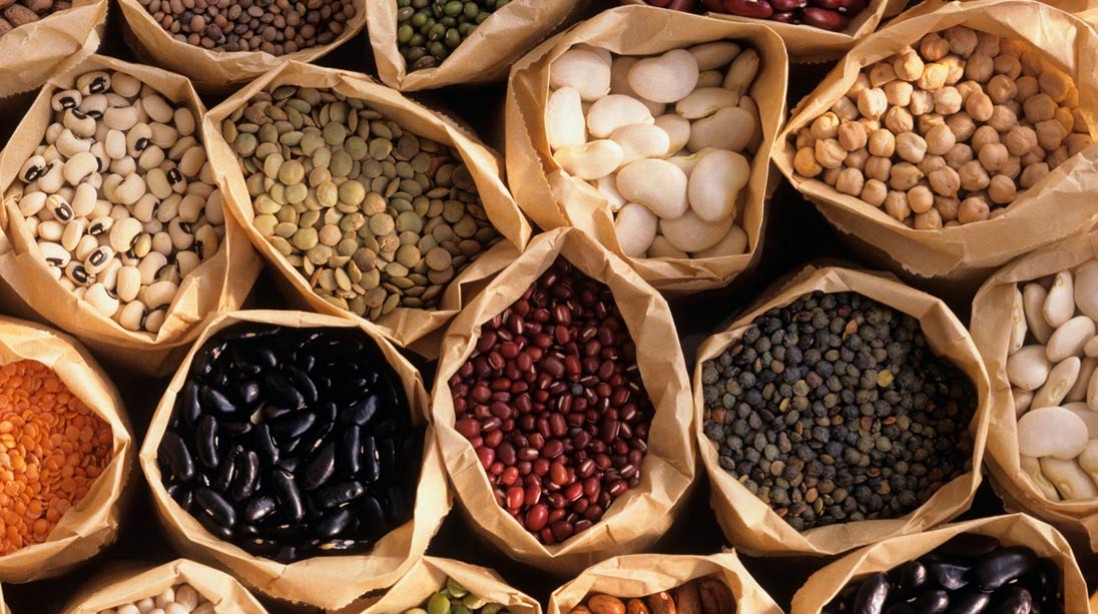
Canned beans are cheap, but dried beans are crazy cheap. Each cup has about 15 grams of protein but just 220 calories. “Just combine beans with grains or other plant foods to complement the amino acids for maximum muscle building,” recommends Sonya Angelone, M.S., R.D.N., an Academy of Nutrition and Dietetics spokesperson. The one-two punch will ensure your body gets all the amino acids it needs to optimize your muscle growth.
15 oz can of beans: $1.24
4. MILK
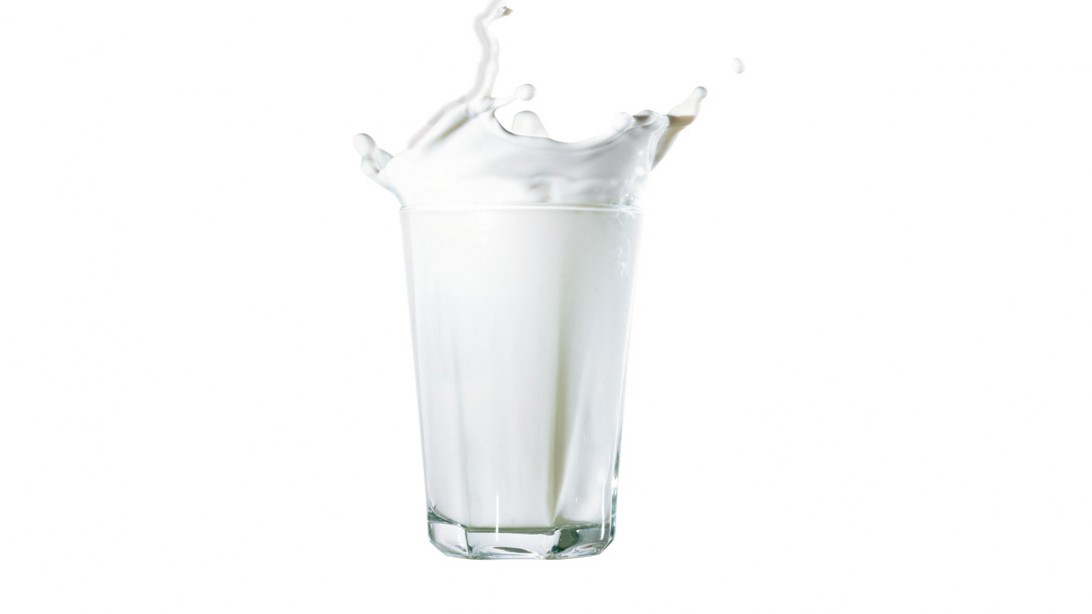
Research shows that consuming dairy proteins post-workout can aid in muscle-building. Calcium also helps with muscle function, notes Torey Armul, M.S., R.D., an Academy of Nutrition and Dietetics spokesperson.
64 fl oz of milk: $4.12
5. BEETS
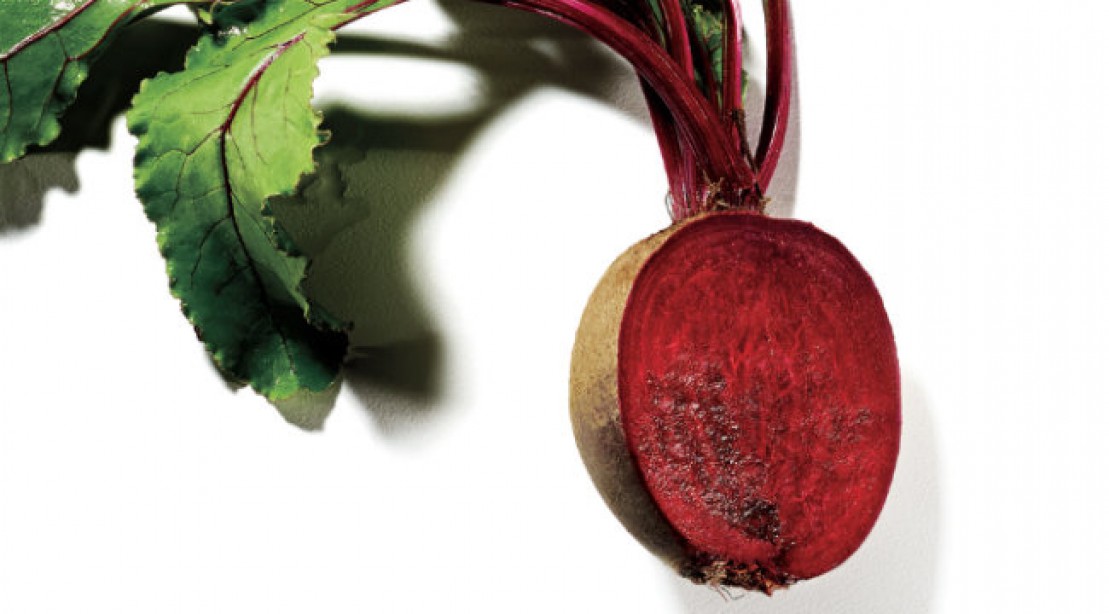
Research suggests that inorganic nitrate may help muscles function more efficiently – and beets are high in the nutrient, says Kristin Kirkpatrick, M.S., R.D., manager of wellness nutrition services at the Cleveland Clinic Wellness Institute.
16 oz of beets: $2.30
6. GREEK YOGURT
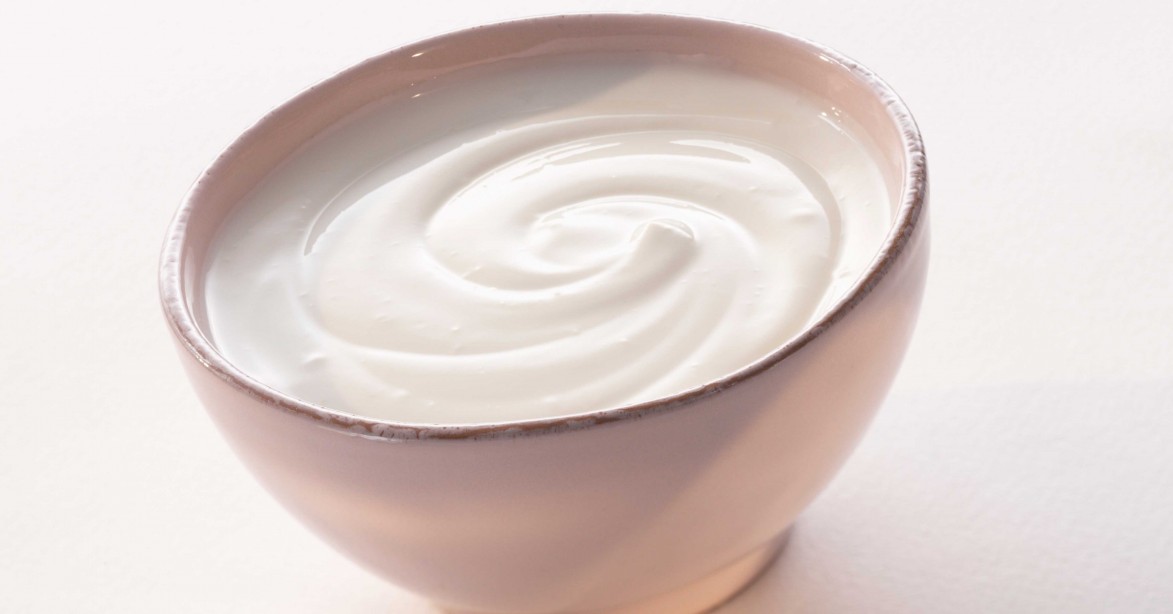
Since Greet yogurt is a more concentrated form of yogurt, it also contains a higher concentration of protein: 15 grams per cup. Prices for the dairy product have been on the decline, according to the USDA, but Armul recommends buying the store brand or looking for sales (one of the leading brands is almost always marked down) to make it more affordable.
5.3 oz of Greek yogurt: $1.55
7. COTTAGE CHEESE
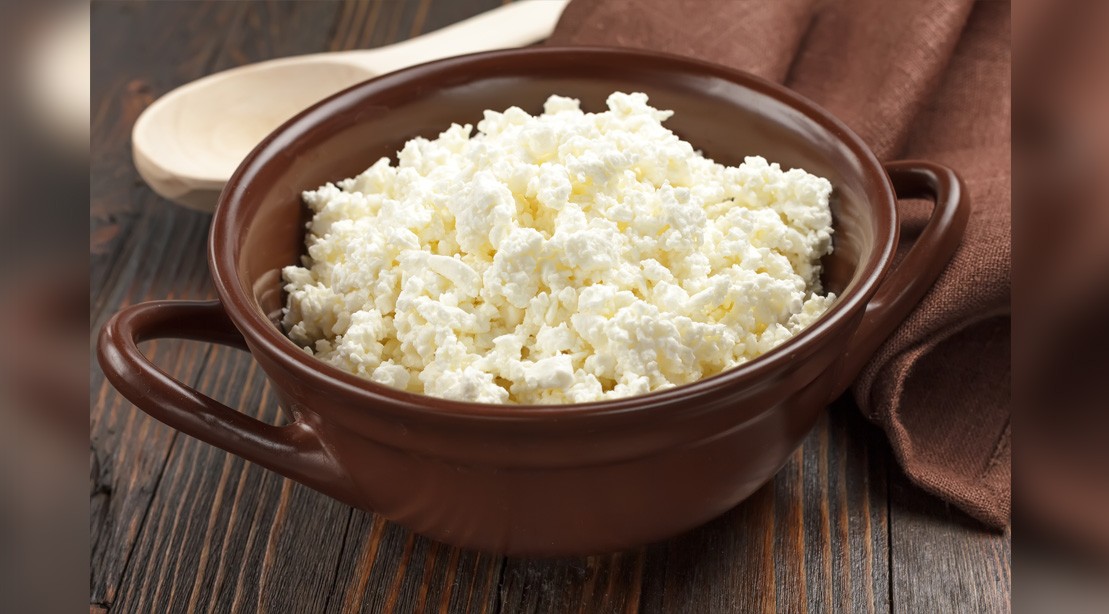
Don’t knock it just because your grandma used to eat it. Cottage cheese is packed with even more protein than Greek yogurt, with a whopping 28 grams per cup. ‘It also contains calcium and probiotics, which provides digestive support,” says Armul.
16 oz of cottage cheese: $4.16
8. PEANUT BUTTER

This is one of the cheapest plant-based proteins you can get. Each two-tablespoon serving contains eight grams of protein, says Angelone, along with other nutrients like vitamin B6, magnesium, and fiber. Just make sure to look for varieties only two ingredients: peanut and salt.
16 oz of peanut butter: $3.95
9. LEAN GROUND BEEF
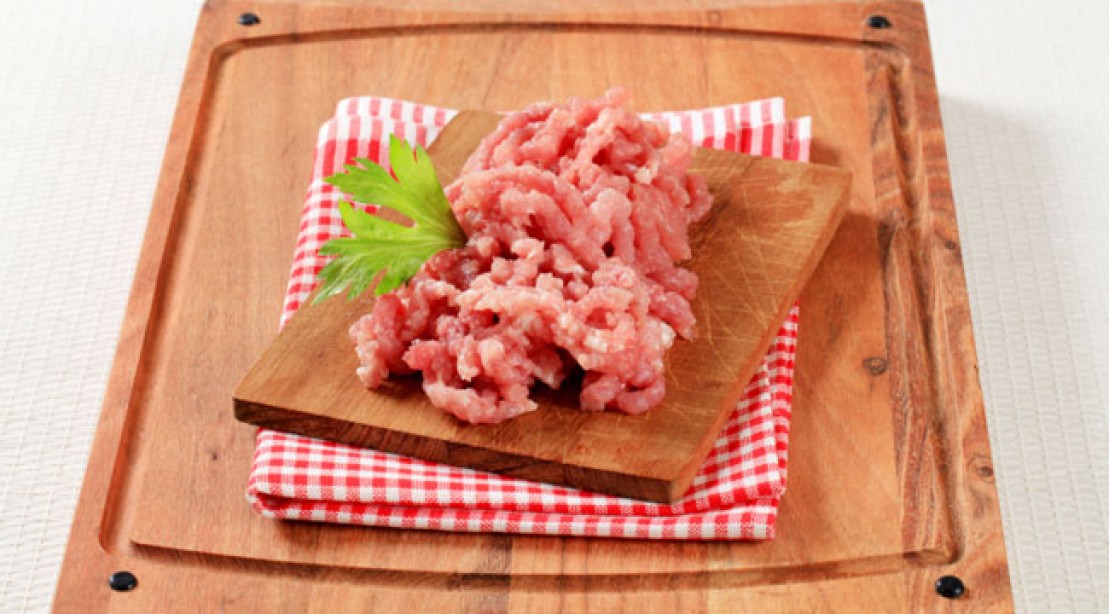
This affordable staple is a great source of protein – you’ll get about 24 grams per four-ounce serving – and it’s also a good source of zinc, iron, and creatine. “Zinc and iron can speed up some of the chemicals and reactions responsible for muscle building, so it’s always a benefit to consume enough of each,” says Peacock. Creatine, meanwhile, helps reduce fatigue and increase exercise volume, which ultimately means more muscle mass for you.
1 lb of lean ground beef: $7.72
10. SUNFLOWER SEEDS

These are filled with six grams of protein per ounce, and they’re easy to eat straight out of the bag or throw on a salad, says Angelone.
16 oz of sunflower seeds: $2.67
11. SARDINES

When they pack ’em in, like, well, sardines, you get more protein for your buck. Each tin has about 23 grams of the good stuff. They’re also a good source of healthy fats. “The omega-3 fatty acids found mainly in fish and fish oils supplements result in lower inflammation, and muscle building is usually associated with some inflammation (micro damage to the muscles followed by repair and muscle growth),’ says Angelone. “If inflammation continues after exercise, it can adversely influence muscle soreness, tissue repair and growth. Omega-3 fats have also been shown to increase blood flow to muscles during exercise, decrease muscle soreness and swelling.”
4.375 oz of sardines: $3.05
12. EDAMAME
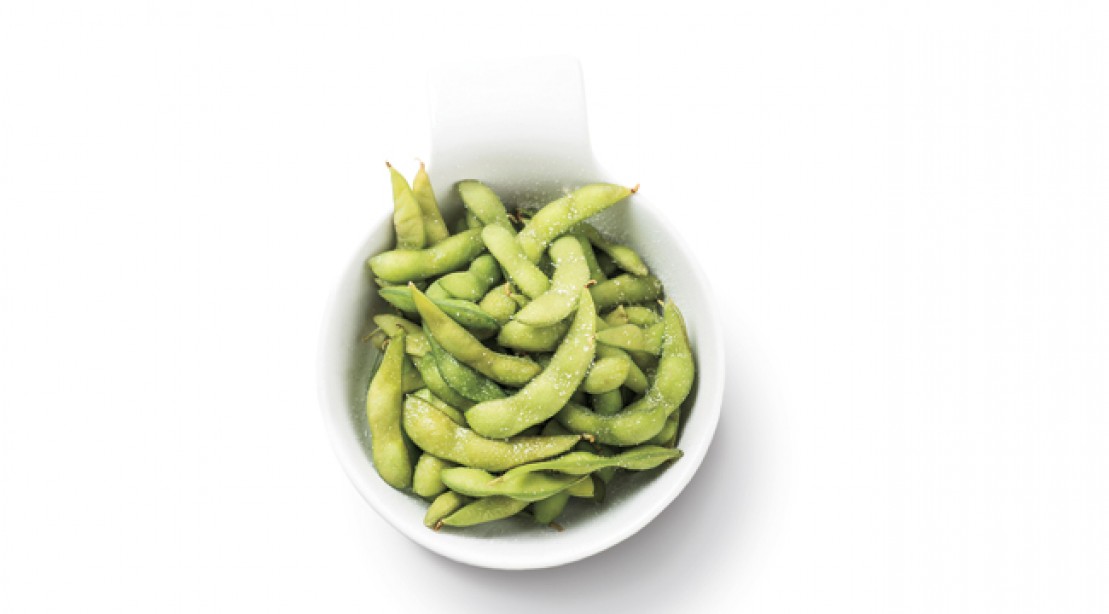
Frozen bags of edamame are common at grocery stores these days and provide you with a budget plant-based protein (each cup contains about 18 grams). “In addition to protein, edamame has mono- and polyunsaturated fats, which are good for your heart, help absorb other fat-soluble vitamins (vitamins A, D, E, and K), and may help improve cholesterol levels,” says Armul.
16 oz of edamame; $2.55
13. TUNA
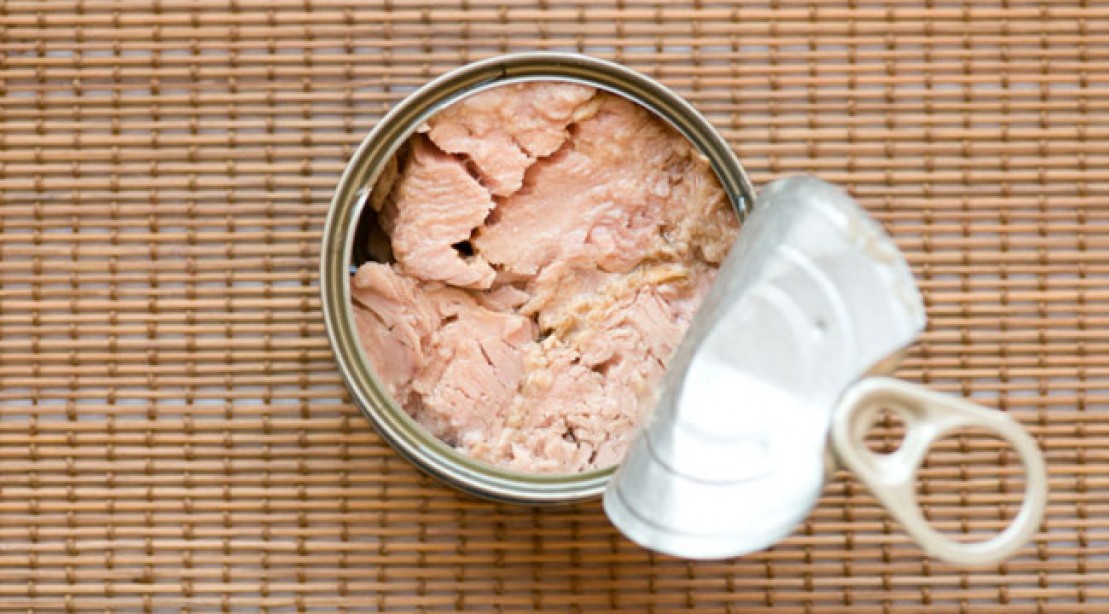
Flavored tuna packets have helped make this high-protein snack more affordable and portable. Each three-ounce serving contains about 22 grams of protein, and “they also supply healthy fats to help fill you up,” says Armul.
5 oz of tuna: $2.27
14. QUINOA
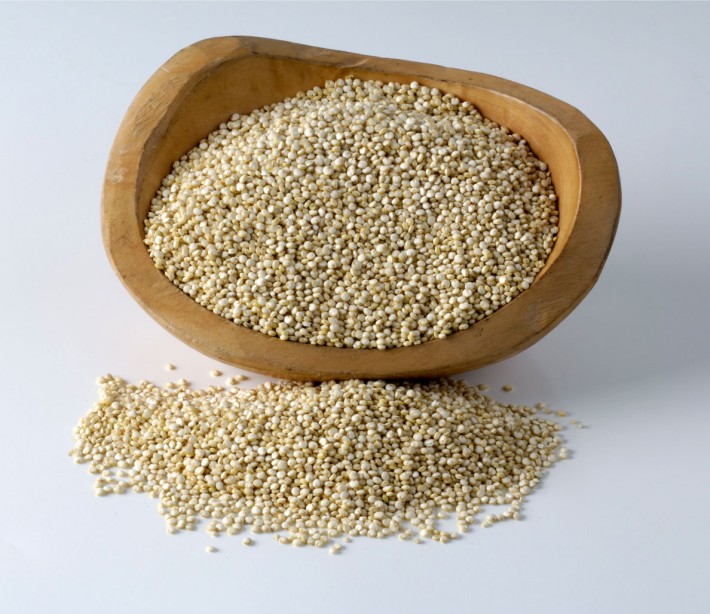
Quinoa has reputation for being expensive, but its price has actually been on the decline recently. And with eight grams of protein per cup, quinoa beats other grains when it comes to muscle-building. “It’s a complete protein, so it contains all nine essential amino acids,” says Armul. “You can save money on quinoa by choosing the generic brand, buying from wholesale stores or buying bulk,” she says. “It ca also be cheaper to buy plain and flavor it yourself with basil, garlic and other herbs and spices.”
16 oz of quinoa: $6.01
15. ASPARAGUS
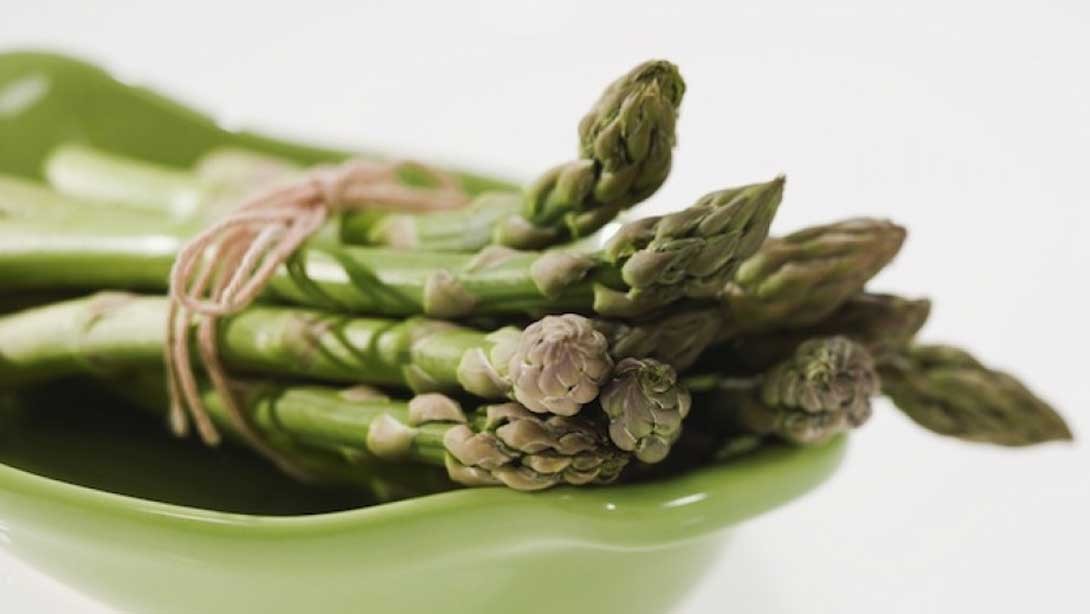
A cup of cooked asparagus has 4.5 grams of protein – more than what you’ll find in many veggies – but just 40 calories. “It’s aso an excellent source of vitamin A, vitamin C, vitamin K and folate,” says Armul.
16 oz of asparagus: $4.67





